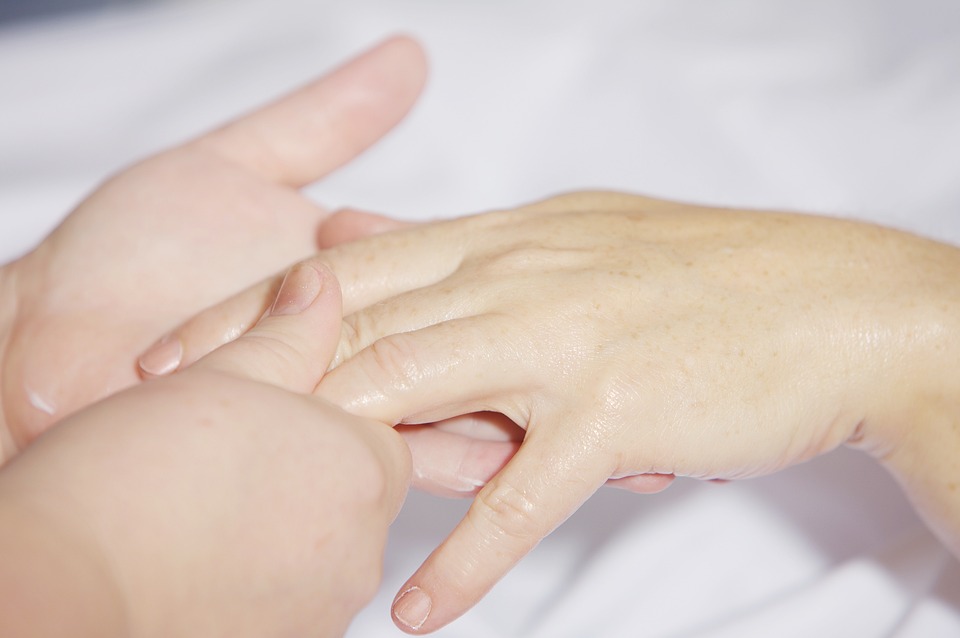
The hands are made up of intricately designed combinations of muscles, tendons, and joints that have to work together to perform day-to-day activities. The 8 bones in your wrist and 27 bones in each hand along with the nerves, muscles, blood vessels, ligaments, and tendons, all combine to create a single complex design.
Unfortunately, hand conditions and injuries can make the simplest of tasks impossible or very difficult. Hand injuries are extremely common. The U.S. Department of Labor even stated that hand injuries make up close to 25% of all workplace-related injuries. If you have suffered an injury to your wrist or hand, it is important to schedule an appointment with a hand specialist in San Francisco. Here is more information on what an orthopedic hand specialist does.
What Is An Orthopedic Hand Specialist?
Orthopedic hand specialists deal with issues of the forearm, wrist, and hand. They are highly experienced when it comes to diagnosing such problems with the use of non-surgical and surgical treatments. The majority of hand specialists have training in orthopedic, plastic, or general surgery. Some specialists have furthered their training in hand-surgery.
What Conditions Can A Hand Specialist In San Francisco Treat?
People that suffer from forearm, wrist, or hand pain may have one or more of these conditions:
- Carpal tunnel syndrome
- Thumb joint arthritis
- Trigger finger
- Nerve-related issues
- Traumatic injuries
- Dupuytren’s contracture
When Should You See A Hand Specialist?
If you are experiencing arm, wrist, finger, or hand pain, you should schedule an appointment with an orthopedic hand specialist. These doctors are experts when it comes to diagnosing, examining, and treating all issues that involve these areas of the body. If you are finding it impossible or difficult to use your wrist or hand to perform day-to-day functions, it is important to schedule an appointment with a specialist.
What To Expect During A Visit With An Orthopedic Hand Specialist
It is important to know that a hand surgeon will often treat a condition or injury using a non-surgical treatment option. For example, physical therapy is a popular method to restore range-of-motion and movement and often eliminates or reduces pain. Hand specialists also use devices such as splints and medications to remedy a range of conditions.
Hand specialists have a commitment to assisting their patients to return to a normal lifestyle or way of functioning as quickly as possible. They are also focused on finding a way to reduce or eliminate pain caused by an injury or condition.